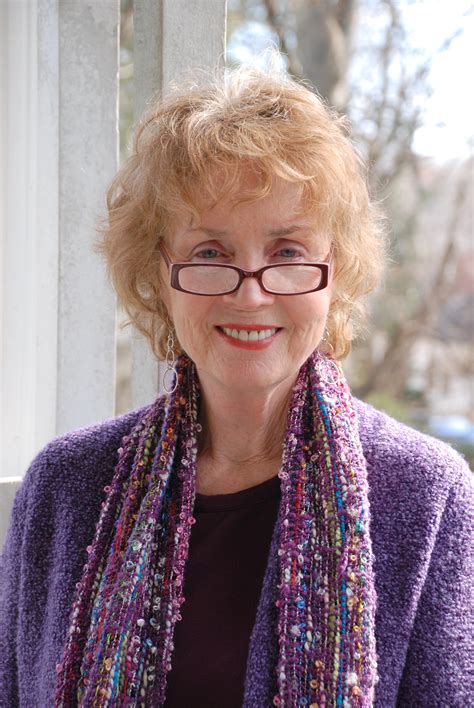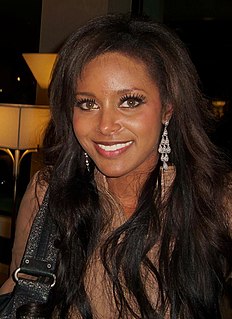A Quote by Lois Lowry
People in the know say The Giver was the first young adult dystopian novel.
Related Quotes
I think so much of young adult literature sort of gets ghettoized - the title 'young adult' makes people immediately discount it. And just like with books that get written for adults, there is plenty of young adult literature that is bad. But there is also plenty of young adult literature that is brilliant.
I've published over 100 books - and that is divided about 50/50 adult and young adult. Lately, I have been writing more YA, which is such a great genre to write it. I don't have a favourite (I usually say it's the last book I've written), but certain books do stick in the mind. My very first YA novel, The Children of Lir, will always be special to me, and, of course The Alchemyst because it was a series I'd wanted to write for ages.
I suspect the popularity of young adults and dystopian novels has something to do with a desire for allegory and old-fashioned morality tales. In fact, you might find your religious framework here in dystopian, post-apocalyptic fiction. Here, and in videogames, you find strict codes of authority, the "rules of the game," the life-or-death quest and struggle that people crave.
The thing is that my first novel, which was basically a mystery adventure story, won quite an important award in Spain for young adult fiction, and because of this it became a very successful book, and right now it's some sort of a standard title, it's read widely in many high schools in Spain, so I think, in a way, I was a victim of my own success in the field of young adult fiction, because it was never my own natural register. I never intended to write that kind of fiction, but I became very successful at it.
What is a novel? I say: an invented story. At the same time a story which, though invented has the power to ring true. True to what? True to life as the reader knows life to be or, it may be, feels life to be. And I mean the adult, the grown-up reader. Such a reader has outgrown fairy tales, and we do not want the fantastic and the impossible. So I say to you that a novel must stand up to the adult tests of reality.




































